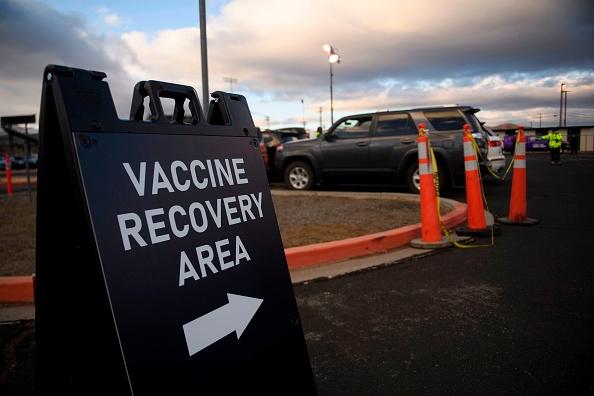Known as VAERS, the centralized vaccine reaction reporting system was created under the National Childhood Vaccine Injury Act of 1986. If you get a vaccine, including a COVID-19 vaccine, and your health deteriorates within hours, days or weeks of being vaccinated, the person who gave you the shot is required by federal law to file a report with VAERS.

Signage indicates a post vaccination recovery area to monitor for any immediate side-effects as front-line health care workers receive their first shot at a drive up vaccination site from Renown Health on December 17, 2020 in Reno, Nevada.Photo by PATRICK T. FALLON/AFP via Getty Images
|Updated:





